Keywords: White Australia Policy
There are more than 24 results, only the first 24 are displayed here.
Become a subscriber for more search results.
-

AUSTRALIA
- Andrew Hamilton
- 07 March 2024
Generosity is most heartwarming when it is a habit. We see it in people whose first inclination is to give something to a beggar, to stop and listen to a hard luck story, to think first of persons affected by war and economic crises and only secondly to policy, to welcome people into their homes and to go out of their way to help.
READ MORE
-

AUSTRALIA
- Erica Cervini
- 30 January 2024
7 Comments
Public hospitals around the country introduced mixed gender rooms during the noughties to get patients to their rooms quicker after being in emergency. It has since become common practise, without significant debate or research.
READ MORE
-
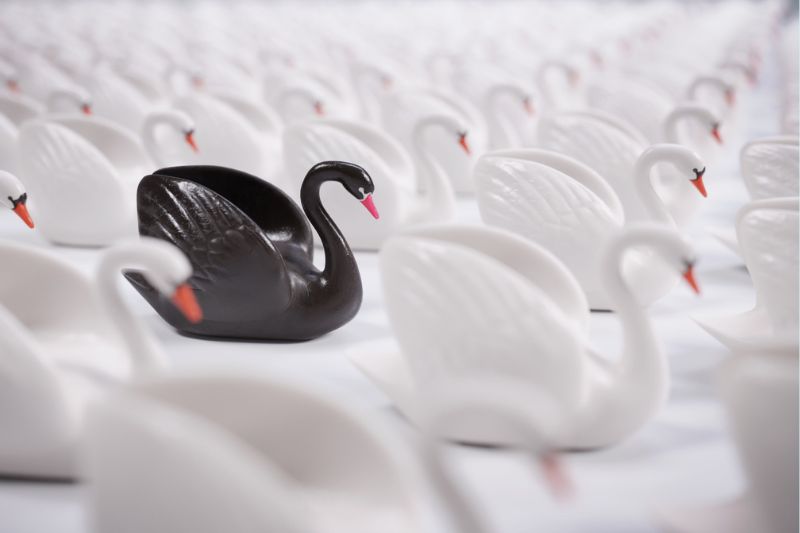
AUSTRALIA
- Max Jeganathan
- 24 January 2024
2 Comments
Even the best forecasting gets it wrong, and every year has its own 'Black Swan' events, characterised by their unpredictability and impact. They remind us that the future is unpredictable, perpetually lurching between prediction and confusion.
READ MORE
-

AUSTRALIA
- Barry Gittins
- 18 January 2024
1 Comment
It’s that time of year when futurists and prophets play fast and loose, projecting visions rife with both promise and peril, weighing the possible against the improbable. As we contemplate competing pictures of the future, although every forecast risks missing the mark, one thing is certain: 2024 won’t be a year for the faint-hearted.
READ MORE
-

AUSTRALIA
- Kerry Murphy
- 04 January 2024
Throughout recent decades of Australian history, the stance every government has taken on asylum seekers has reflected the shifting political landscapes and challenging humanitarian issues that have continually shaped Australia's response to those seeking refuge.
READ MORE 
-
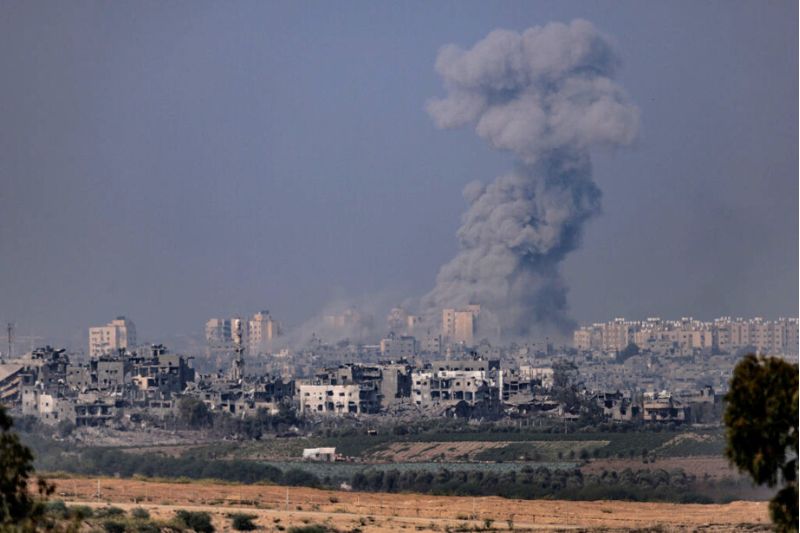
AUSTRALIA
- Andrew Hamilton
- 04 January 2024
2 Comments
In the war between Israel and Hamas it's essential to look beyond the simplistic dichotomies of good versus evil, exploring how historical, cultural, and political nuances shape the landscape of this enduring conflict. In a world quick to take sides, there's a need for deep understanding, underscoring the importance of balanced perspectives in seeking lasting peace and justice in a region torn by decades of strife.
READ MORE
-
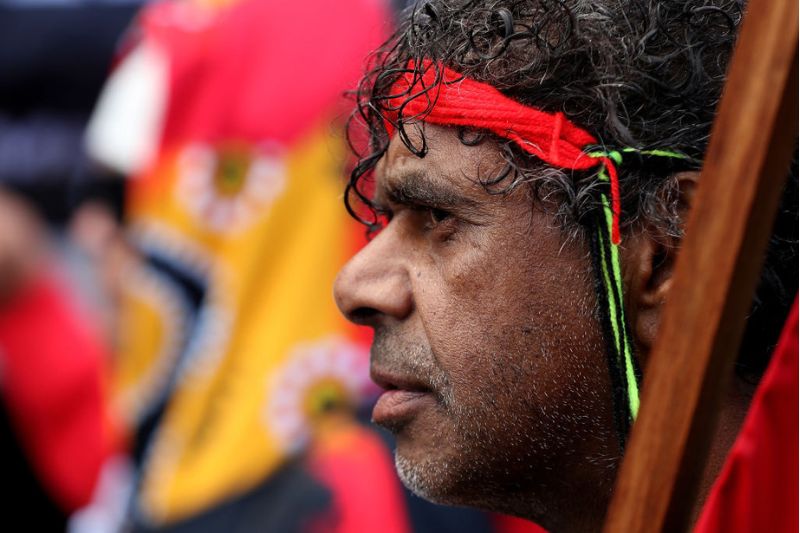
AUSTRALIA
- Celeste Liddle
- 04 January 2024
Later this year, Australians will vote on a referendum to enshrine an Indigenous Voice to Parliament, but many Indigenous Australians remain undecided, reflecting the complexities of the issue. The debate over the Voice to Parliament extends beyond the referendum question to encompass broader concerns about the constitution, treaties, and achieving true equality.
READ MORE
-
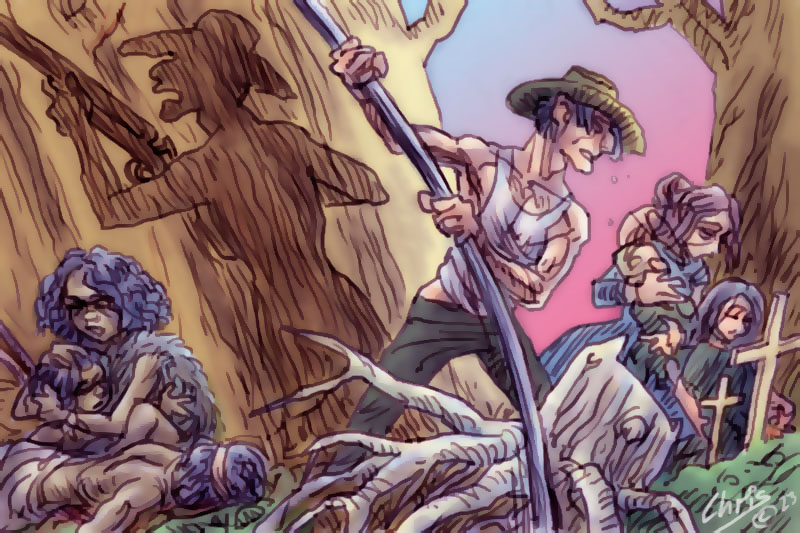
AUSTRALIA
- Barry Gittins
- 16 November 2023
6 Comments
How should our nation reckon with its colonial history and its lasting impact on contemporary society? From the stark realities of early settlement to the enduring legacies of injustice towards Indigenous peoples, this piece explores what it means for a country to grapple with its identity amidst a backdrop of change.
READ MORE
-

AUSTRALIA
- Andrew Hamilton
- 02 November 2023
13 Comments
In the war between Israel and Hamas it's essential to look beyond the simplistic dichotomies of good versus evil, exploring how historical, cultural, and political nuances shape the landscape of this enduring conflict. In a world quick to take sides, there's a need for deep understanding, underscoring the importance of balanced perspectives in seeking lasting peace and justice in a region torn by decades of strife.
READ MORE
-

EDUCATION
- Michele Freeman
- 11 October 2023
6 Comments
With an education system in crisis, teachers on the front lines face daunting challenges as they strive for true inclusion. With classrooms overwhelmed and resources dwindling, educators reimagine a system that both listens to its educators and prioritises the well-being and growth of every student.
READ MORE
-
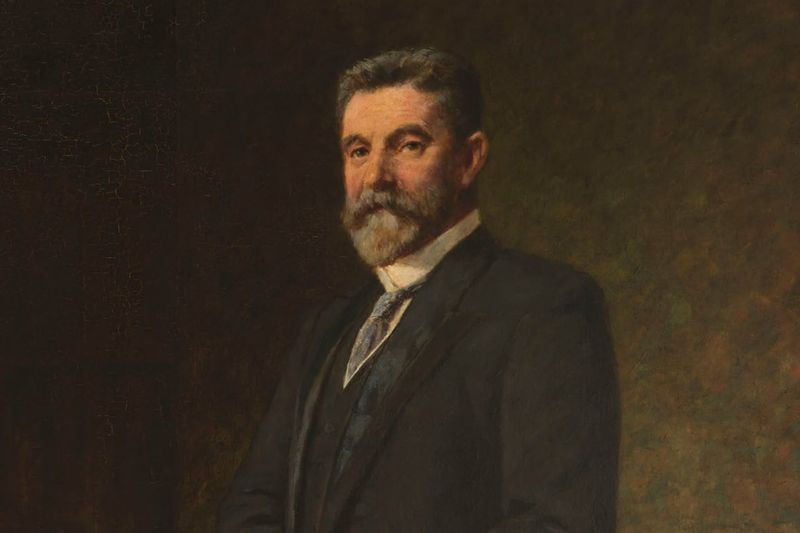
AUSTRALIA
- Andrew Hamilton
- 14 September 2023
4 Comments
As the legacy of historical figures is reevaluated, Alfred Deakin, Australia's second Prime Minister, finds himself under recent scrutiny. A champion of Federation, Deakin also held views towards Indigenous Australians now regarded as abhorrent. But is erasing his name from a university the right step?
READ MORE
-
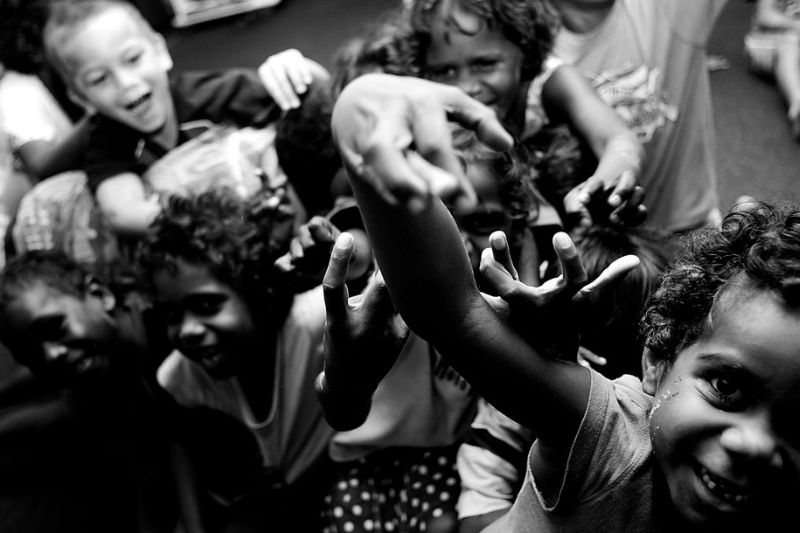
AUSTRALIA
- Brian McCoy
- 30 August 2023
16 Comments
The Kimberley region stands as a testament to both the enduring spirit of Australia's Aboriginal communities and the shadows of colonisation. As the Referendum looms, the potential for a united Voice beckons, inviting Australia towards a harmonious future.
READ MORE